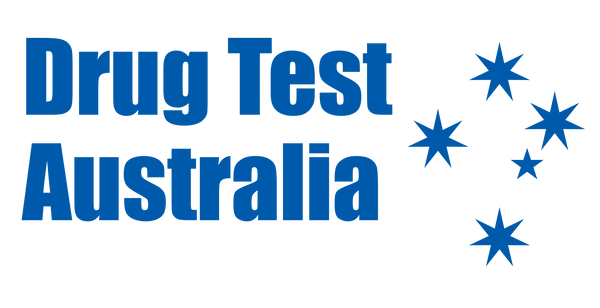How to Build a Legally Defensible Drug & Alcohol Testing Program
Share
A workplace drug and alcohol program is only as strong as the systems behind it. If testing is carried out incorrectly or policies aren’t clearly documented, employers may find themselves exposed during disputes or unfair dismissal claims. A legally defensible program protects both employees and employers — and ensures that safety always comes first.
Step 1: Start with a Clear Policy
Your drug and alcohol policy should:
Outline the purpose (safety, well-being, compliance).
Define responsibilities of employees, managers, and contractors.
Detail testing types (pre-employment, random, post-incident, reasonable cause).
Explain the process for handling results, support pathways, and disciplinary action.
Step 2: Follow the Standards
Adherence to AS/NZS 4308:2008/2023 (urine) and AS/NZS 4760:2019 (oral fluid) is essential. These standards set out:
Cut-off levels
Collection processes
Chain of custody requirements
Laboratory confirmation procedures
Employers should only work with providers trained and accredited in these standards.
Step 3: Train Your People
A legally defensible program relies on more than just policies and procedures — it depends on people knowing how to put them into practice. Managers, supervisors, and employees must be trained to:
Recognise signs of impairment and understand when testing is appropriate.
Follow the correct testing and reporting processes.
Communicate policies clearly and consistently to all staff.
At Drug Test Australia, we deliver specialised Drug & Alcohol Awareness Training tailored for both managers/supervisors and workers. Our training provides practical knowledge on impairment recognition, policy obligations, and fair handling of results, ensuring everyone understands their role in maintaining a safe, compliant workplace.
Step 4: Record Keeping and Chain of Custody
Every step of the testing process must be documented. This includes:
Collector details
Sample handling
Device QC checks
Transport to the laboratory
Strong documentation is often the deciding factor in whether a case is upheld in court or dismissed.
Step 5: Support and Fairness
Testing programs should not be punitive only. Employers should also provide access to support, such as Employee Assistance Programs (EAP) or referral pathways for treatment. This shows that the organisation values wellbeing, not just compliance.
Why Legal Defensibility Matters
A poorly managed program can be challenged, leading to reinstatement of unsafe employees, reputational damage, and costly legal action. A defensible program, on the other hand, provides:
Confidence for managers making tough decisions.
Protection against unfair dismissal claims.
Assurance to employees that the system is fair, transparent, and consistent.
Final Word
Building a legally defensible drug and alcohol testing program is about more than compliance, it’s about protecting people, reputations, and the organisation itself. From developing clear, evidence-based policies to delivering comprehensive awareness training and compliant onsite testing, Drug Test Australia partners with employers to create programs that stand up to scrutiny while fostering safer, more productive workplaces.
Education is the foundation of every successful program. Our Drug & Alcohol Awareness Training equips managers and employees with the knowledge to understand their responsibilities, recognise signs of impairment, and apply your policy fairly and consistently.
For complete compliance and peace of mind, our Onsite Testing Services are delivered by NATA-accredited technicians using verified collection devices, ensuring every test meets the highest standards of accuracy and integrity.
Contact us today to review your current program or schedule onsite testing, and ensure your workplace remains safe, compliant, and legally defensible.
